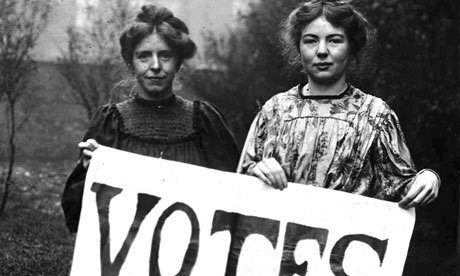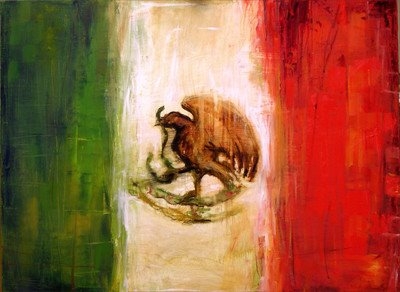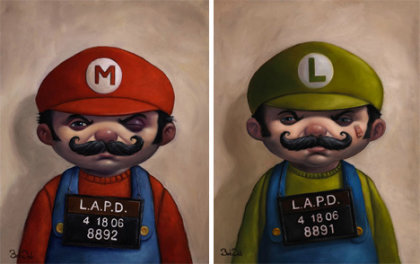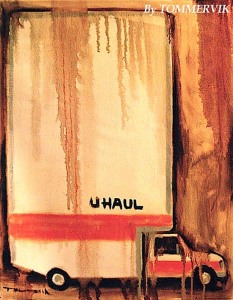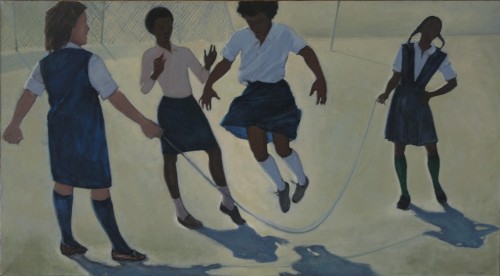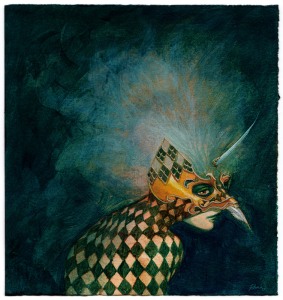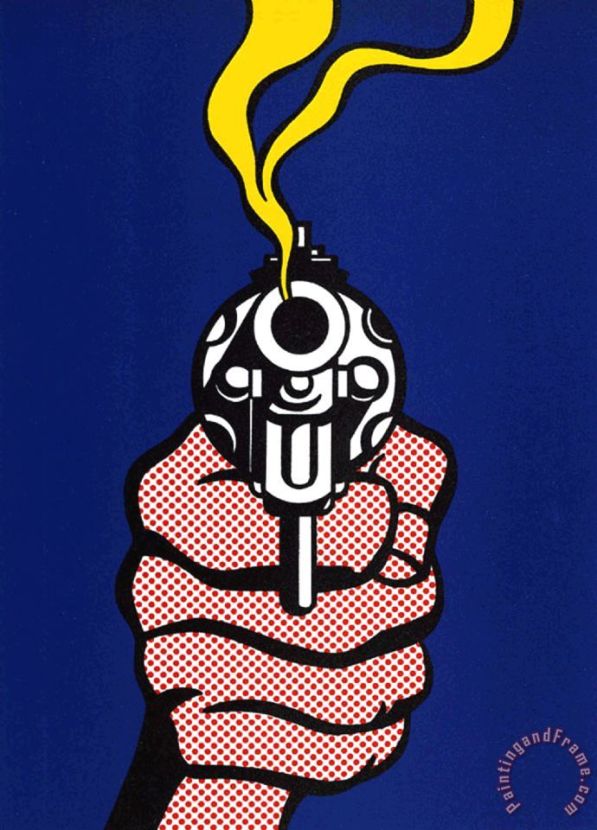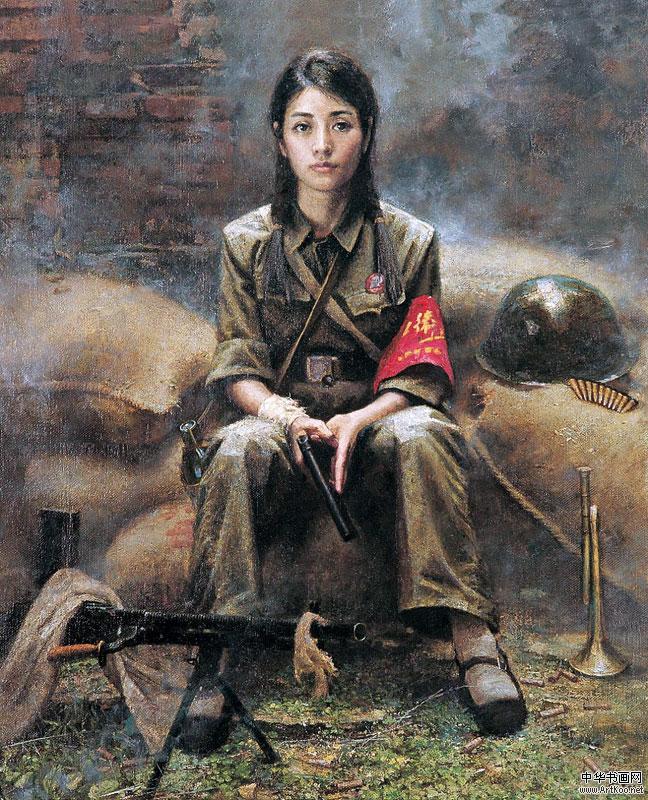Some stories take an hour, some take months. What is the “writing process?” Is it only the minutes we spend typing staring at words on the page? Or can we count the hours spent trying, to no avail, to forget that there’s a page waiting for us to fill with words?
We like to think that the answer only appears at the end, when the process has wrapped and you’re left with your product. You can look back at your work and see which of your thoughts/actions/interactions in the past have impacted your work.
But really… it’s all process.
All of the false ideas and time spent down rabbit holes that lead to nowhere are part of the process. As you can’t bake a cake without breaking some eggs, neither can you write without following the wrong path. We might hold up the final story and say, “see, look what I made.” The truth, however, is that you made so much more than that small product. Your process was expansive; iceberg-like underneath the surface of that story.
It was just over three weeks ago that each writer submitted three prompts to the other. What, you might ask, happened?
The answer ranges from the obvious: financial troubles, lack of passion, being too busy, celebrations, blahblahblah. To the less common: friends dying, dietary insufficiencies, Google Certification exams, etcetera.
In the end, it took three weeks to sit down to write a one hour story, but unlike past stories, this hour embodied nearly a month’s worth of self-doubt & reflection. In a way it feels as though our writers are more legitimate in their craft. For what story of success has ever been constructed in which oneself wasn’t the most capable obstacle?
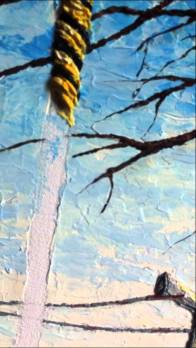
A fragment of Childhood Backyard, by Stacey Fabre
Inspired by the prompts: 1) Indian Food, 2) Luna, 3) Moving, The Story with the Rope explores Jacob’s experience with grief by weaving together two timelines — a story within a story — to show that the road to recovery is rarely laid out clearly before one’s feet.
Then, in Schizophrenic Monkey Farts, ZB explores the ensemble of a teenaged garage band using the prompts: 1) Rooftop, 2) Grunge/Punk, 3) A Sloth. With a protagonist who self-identifies as a musician without much skill to back up the assertion, it’s not hard to see the elements of self-doubt in one’s art permeating through ZB’s piece.
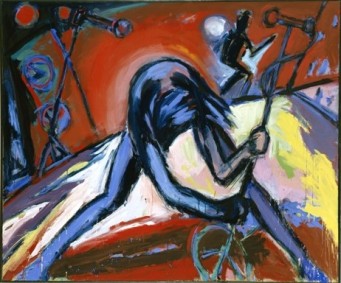
untitled, Helmut Middendorp, Singer II, 1981
P.S. We know how hard the last three weeks has been without us. We promise we won’t let that happen again. And we half-promise that our promises only get broken 50% of the time.
